The biological cell is the basic unit of life, and constitutes in itself a remarkably complex system that combines thousands of chemical reactions by thousands of molecular species, all happening at the same time with fascinating harmony within an extremely crowded and noisy environment. The current access to quantitative data enabled by modern technologies has revealed the cell to be a whole new universe for physical inquiry and quantitative modeling, posing a formidable challenge for interdisciplinary science.
In this context, the research at the Institute aims at understanding the physical mechanisms of self-organization that can integrate such a variety of processes at very different scales. The problem is highly complex given the formidable information processing required to orchestrate cellular mechanisms in response to external stimuli; or to accomplish a variety of tasks required for survival, from metabolism to cell division. Research also focuses on different aspects of the physics within cells, with an emphasis on collective effects and emerging phenomena. Among the aspects that are more amenable to physical modeling under study, we can highlight those referring to force generation and cell mechanics, which are crucial for instance to cell motility and cell division, and to the processes associated with membrane dynamics. At a higher level of organization, the Institute also studies collective phenomena of cells in tissues. Here our emphasis is on mechanical aspects and includes the study of collective cell migration of epithelial cells, an area that is relevant to a variety of problems related to wound healing, cell regeneration, and, ultimately, to the understanding of cancer. Our goal is to extract the generic physical principles that govern the complex network mechanical and biochemical interactions underlying these systems. At the multicellular level, our ultimate goal is to achieve an integration of mechanics and information in development; that is, to understand the organization of physical forces and biological regulation in the context of embryogenesis, organogenesis and beyond.
Researchers involved in this line are:
